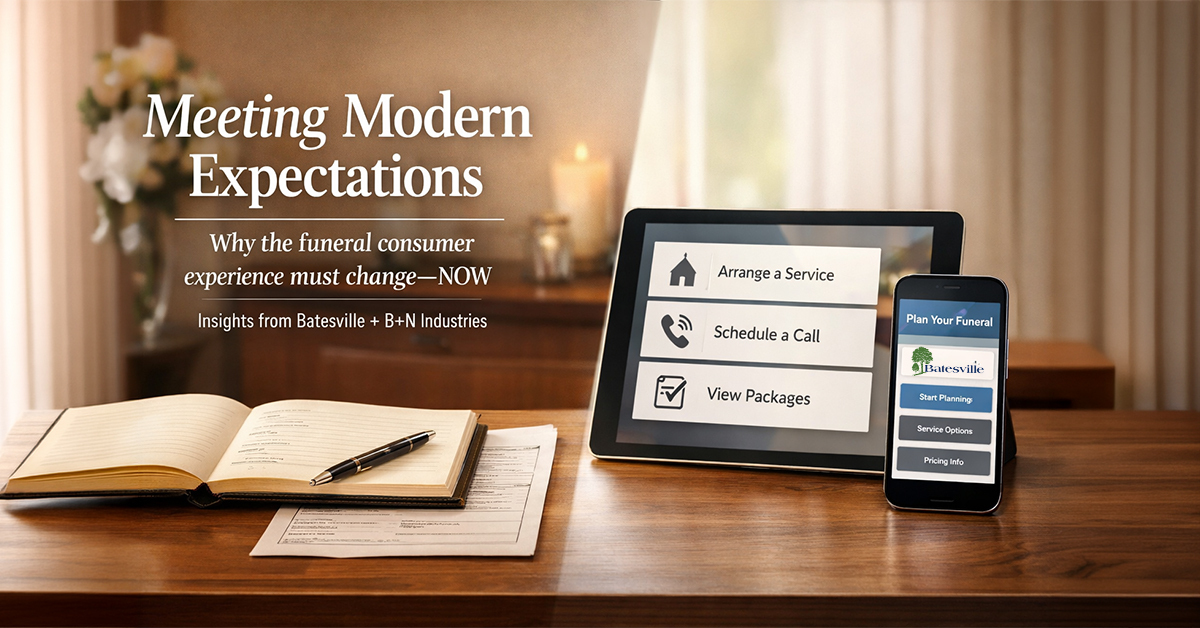Four Ways to Engage With Pastors
Thanks to guest writer Emily Gehman for this post!
I grew up in a conservative baptist church where my pastor, as many baptist pastors are wont to do, said funny little things here and there. Like, “’Til we eat again,” and “When you see the word ‘therefore’, stop and see what it’s there for.”(I’d always picture a kind of 1990s church-appropriate mic drop, before mic drops were a thing.) Or this awkward one that I didn’t get until I was much older: “First you leave, then you cleave, and after that you can weave.” There are plenty more where those came from.
But there’s one that strangely stuck out to me and I’ve never forgotten:
“Weddings are optional, but funerals are mandatory.”
Life Events
Weddings are wonderful occasions. They can happen with as few as five people, zero of them being guests, and technically you don’t even have to know any of them before a legally-binding wedding ceremony. But funerals? Not so. Funerals require community, the warmth and the support of just about as many people as you know. Grieving alone is not something we were made to do. It leads only to more death, though it may not be immediate or physical.
Even as a kid, I knew weddings were way more fun than funerals. My first funeral was for my favorite grandma, who died unexpectedly when I was just 5. My grandpa was one of 18 children, so funerals for great aunts and uncles pepper my childhood memories. When I was 15, I buried a classmate. When I was 17, I buried a cousin, and when I was 25, I buried his daughter.
I’ve some family members whom I’ve only ever seen at funerals. Though it’s the worst reason to be together, their presence is a powerful comfort. Because funerals are when you need people — especially family — the most.
Because grieving is not something we were made to do alone.
Family, Organic And Otherwise
When my pastor would say that, “weddings are optional, but funerals are mandatory”, something resonated deep within me. He usually said it to refer to his role as a pastor and that caring for people meant grieving with them in their pain was more important than celebrating with them in their victories. Both are necessary, but only one is optional. Funerals, for pastors, are not optional.
Pastors carry a burden for the grieving, much like funeral directors. When you engage with local pastors, you partner with them in a sacred mission — grieving together. Here are a few tips you may find helpful in working with local pastors:
- Reach out to the pastors in your area that you haven’t already met. Ask them about their care for grieving families, and if they’d be willing to officiate or be present at funerals for people outside their congregation.
- Ask the family if you can contact any pastors they already know or others in the community they don’t know, based on their faith background or church associations. This helps the family know you are caring for them in a unique way, and it also gives the pastor(s) an opportunity to care for a grieving family in the community.
- Connect with the pastor(s) while the family makes arrangements, whether or not they are officiating the funeral. If they are, ask what their needs are for the funeral service, and coordinate for any special circumstances. Like a wedding planner might consult with the officiant, a funeral director should connect with any pastors involved in the funeral service or the care of the family.
- Thank pastors for their partnership with you. A little bit of gratitude goes a long way, especially in life’s darkest moments. You are engaging in sacred moments with pastors as you both care for families in practical and powerful ways. Don’t take that for granted. Your work and your care is important.
In truth, it doesn’t matter if you’re the pastor or the sound technician or the custodian or simply an attendee. A church is a family, and when one family member hurts, the rest of the family hurts. For somehow, aching, when done in community, quickens healing.
The call to mourn is a holy mission. Walking through grief with fellow humans in the darkest moments is significant and sacred. It’s how we can be most human, most honoring and most healing. Because we were not made to grieve, to mourn, to weep alone.
Weddings are optional. Funerals are mandatory.
“…weep with those who weep.” Romans 12:15




